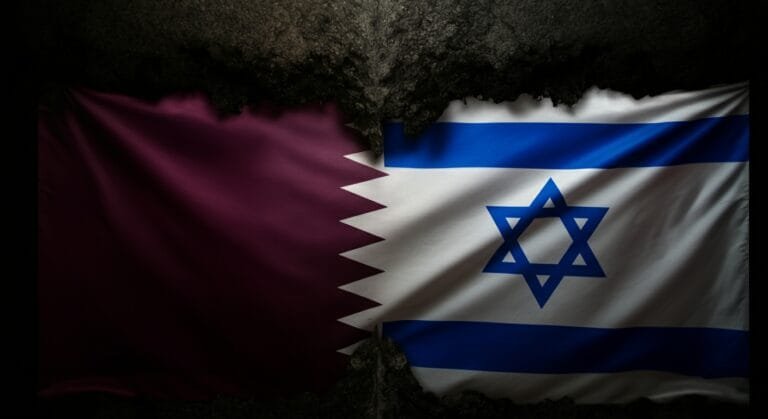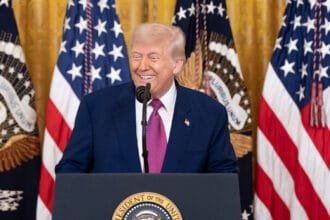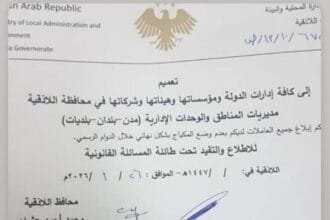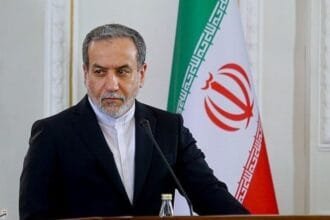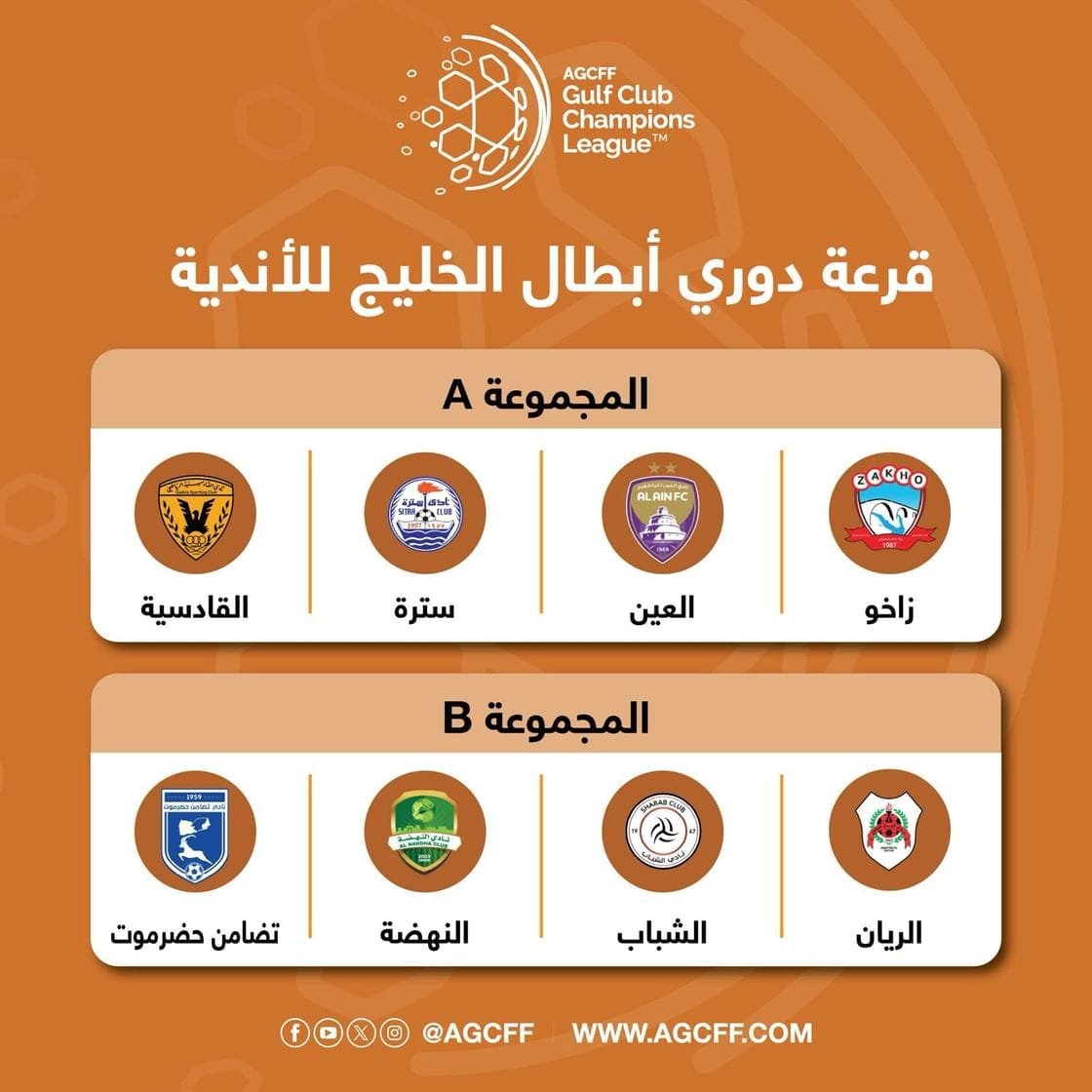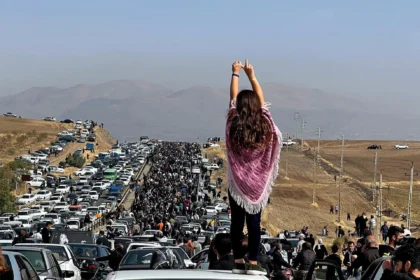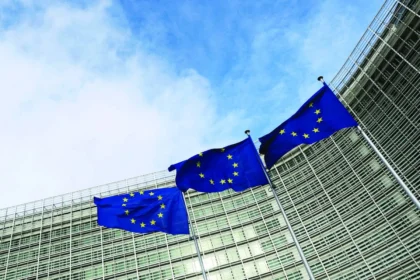Cairo, Egypt – Israeli pressure on Qatar has intensified following the attack targeting Hamas leaders in the capital, Doha, on September 9. Despite previous US pledges not to repeat the attack, Israeli Prime Minister Benjamin Netanyahu threatened to target the movement’s leaders “wherever they are.” This has raised widespread questions about the future of Hamas leaders’ presence in Qatar.
Tel Aviv is pressuring through the United Nations.
Israel did not limit itself to political statements. Its representative to the United Nations directly escalated the situation, demanding that Doha expel Hamas leaders or “make way for Israel to carry out the mission.” His tone carried a clear threat of new operations.
Washington between guarantees and pressures
Despite US President Donald Trump’s assurances to the Emir of Qatar after the previous attack, observers believe Israel may seek a US green light for a repeat strike. Analysts point out that Washington’s balance between its strategic partnership with Doha and its commitment to Israel’s security could open the door to all possibilities.
Qatar’s complex calculations
For years, Qatar has played the role of the main mediator in the Palestinian issue. It hosts Hamas leaders, participates in truce understandings, and provides humanitarian support to Gaza. However, the continuation of this role today presents it with a delicate test. It must choose between maintaining its regional standing or submitting to Israeli and international pressure. This could weaken its political presence in the region.
Options and scenarios
Doha has several options on the table. The first is to maintain its role as a political mediator and strengthen its security measures. The second is to impose restrictions on the movements of Hamas leaders to ease external pressure. The third is to allow some leaders to travel to other countries unannounced, in an attempt to avoid political embarrassment. All this while maintaining open channels of communication.
Implications for the Palestinian issue: Any change in Qatar’s position will have direct repercussions on the mediation process in Gaza. With Egypt and Turkey playing an active role in this issue, reducing Qatar’s role could redraw the map of regional influence. This will directly impact calming efforts, prisoner exchange negotiations, and a ceasefire.






